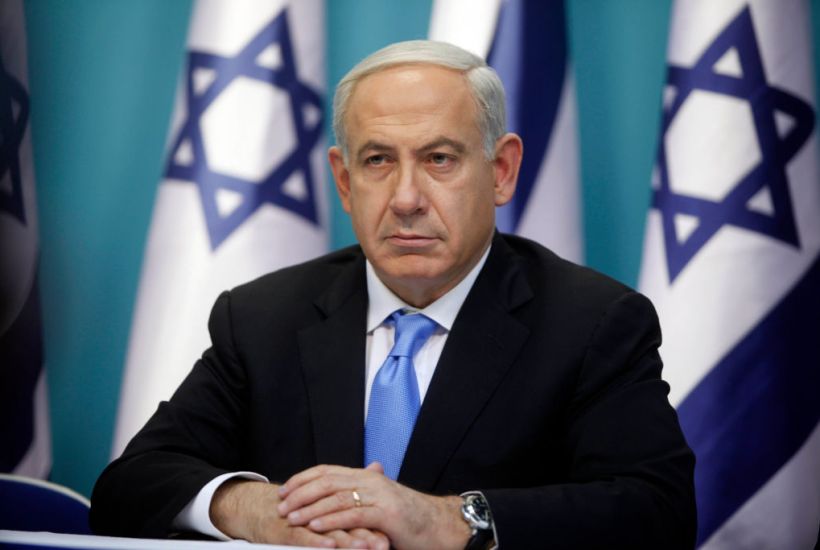When Israeli Prime Minister Benjamin Netanyahu told the Biden administration earlier this week that he objects to the establishment of a Palestinian state, the intended audience was his base of supporters – or what little of it he has left.
Since the start of the war on 7 October 2023, Netanyahu had zig-zagged between rejecting the idea of Palestinian rule over Gaza and showing some level of flexibility about the idea of a reformed Palestinian Authority (PA) managing Gaza’s day to day governance, with Israel managing the region’s security.
Already a subscriber? Log in
Subscribe for just $2 a week
Try a month of The Spectator Australia absolutely free and without commitment. Not only that but – if you choose to continue – you’ll pay just $2 a week for your first year.
- Unlimited access to spectator.com.au and app
- The weekly edition on the Spectator Australia app
- Spectator podcasts and newsletters
- Full access to spectator.co.uk
Or




















Comments
Don't miss out
Join the conversation with other Spectator Australia readers. Subscribe to leave a comment.
SUBSCRIBEAlready a subscriber? Log in